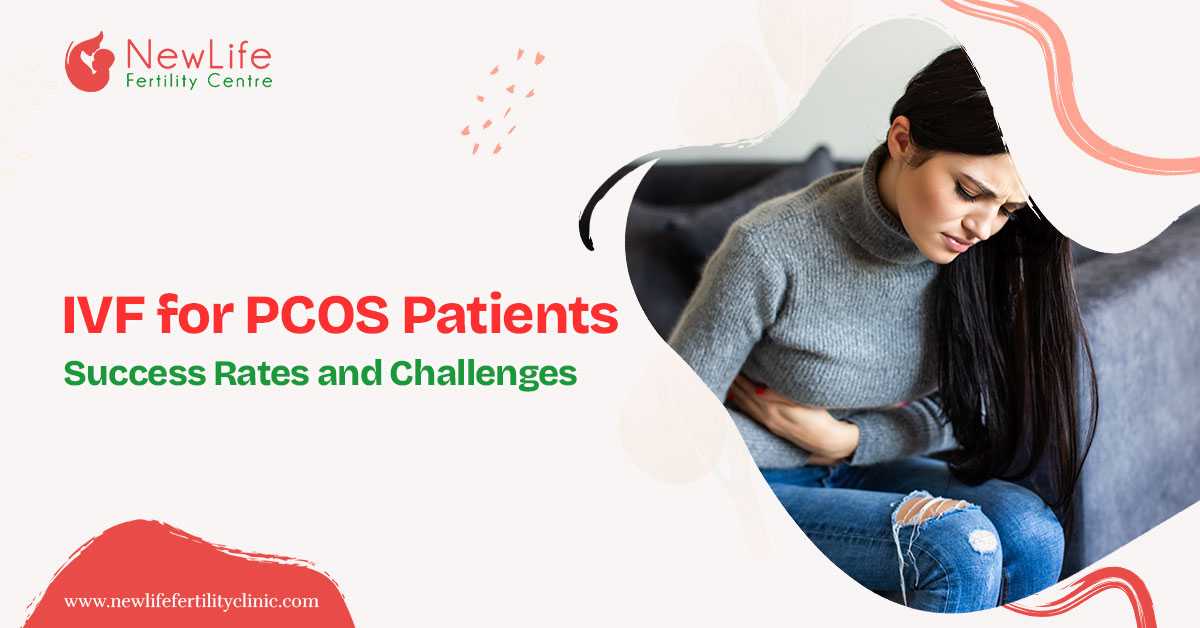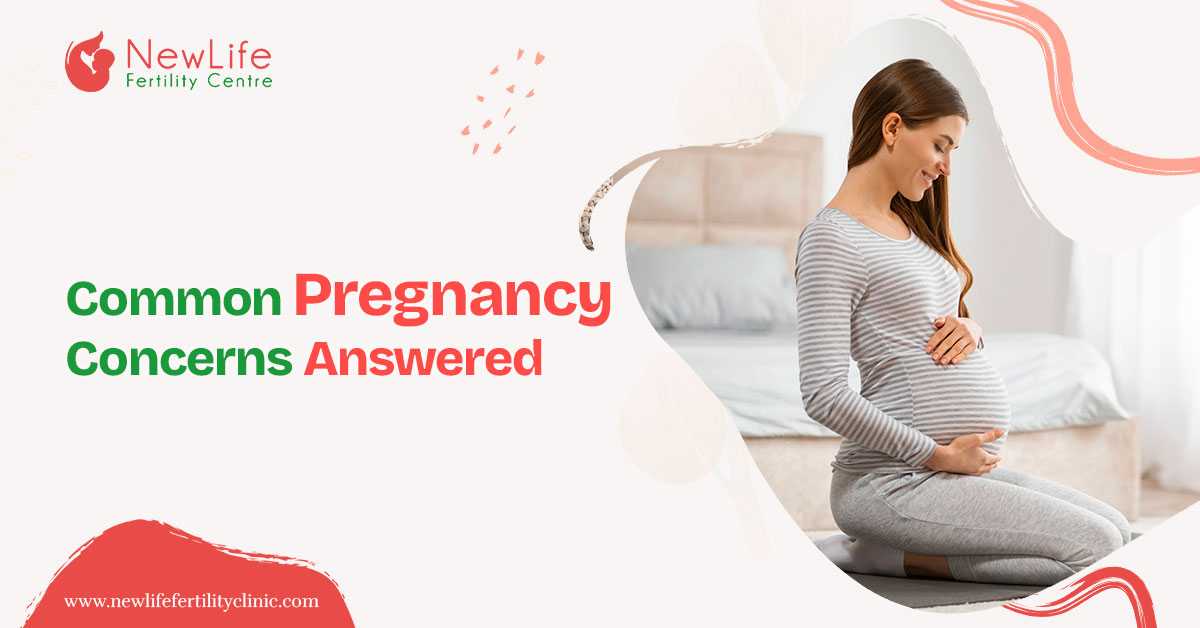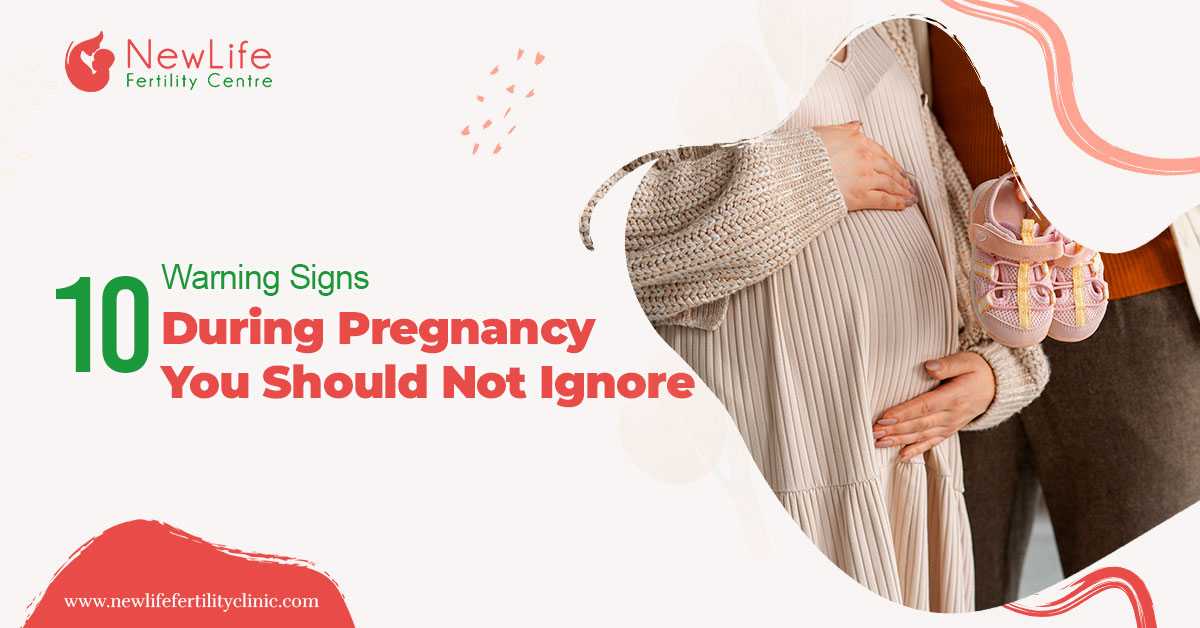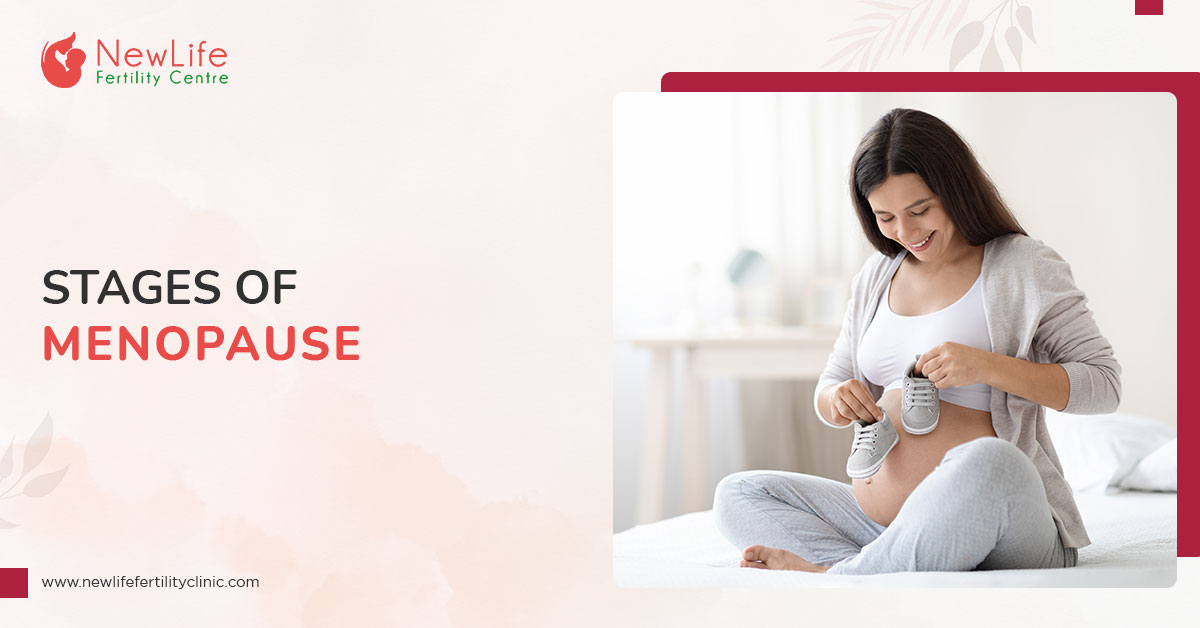Menopause is the end of a womans cycle and fertility. It happens when:
- Your ovaries do not make estrogen and progesterone, two hormones needed for fertility
- Your periods have stopped for 1 year
Menopause happens naturally with age. But it also can stem from surgery, treatment of a disease, or an illness. In these cases it is often called induced menopause, surgical menopause, or primary ovarian insufficiency, counting on the cause.
When Does It Start?
Stages of Menopause begin around 50s when it takes place naturally. Nevertheless, it can happen before you switch 40. This is often called premature menopause. Your genes usually determine the age at which yours will start.
What Are the Symptoms?
When it starts naturally, the primary sign could also be an irregular cycle. Once it gets off-schedule, it should stop totally within about 4 years. You would possibly also notice these symptoms:
- Mood swings
- Lower drive
- Hot flashes
- Sweating
- Racing heart
- Headaches
- Vaginal dryness and soreness
- Painful sexual intercourse
- Trouble sleeping
The stages of Menopause is that the normal, natural transition in life that begins between the ages of 35-55. During this point, your ovaries get smaller and stop producing the hormones estrogen and progesterone that control the cycle, your eggs are depleted and fertility declines. Eventually, youre not ready to become pregnant.
PERIMENOPAUSE
The 3-5 year period before stages of menopause when your estrogen and hormone levels begin to drop is named perimenopause. you sometimes enter into perimenopause in your late 40s and will begin to experience irregular menstrual cycles and symptoms such as:
- Hot flashes
- Sleep disturbances-insomnia
- Night sweats
- Elevated pulse
- Mood changes- irritability, depression, anxiety
- Vaginal dryness or discomfort during sexual activity
- Urinary issues
There is still an opportunity that you simply could get pregnant during this point and if you would like to avoid this, a sort of contraception is suggested until one year after your last period. A sort of progestin therapy can also be a choice to control menstrual bleeding and address vasomotor symptoms. Lifestyle changes are often recommended to assist relieve other unpleasant symptoms.
EARLY MENOPAUSE
Certain events aside from natural ageing may result in earlier menopause:
Hysterectomy (uterus removed) - symptoms appear gradually
Oophorectomy (ovaries removed) - symptoms appear immediately
Premature Ovarian Failure (POF) - underactive or inactive ovaries thanks to genetics, surgery, or cancer treatments, like radiotherapy or chemotherapy. POF also can flow from to ovarian dysfunction or insufficient follicles, which mature into eggs.
MENOPAUSE
On average, most girls are about 51 to 52 once they enter menopause. Technically, youre in menopause after youve missed your period for 12 straight months without experiencing other causes, like illness, medication, pregnancy or breastfeeding. The changeover from perimenopause through menopause to postmenopause can take 1-3 years. It is vital to recollect every woman is exclusive and can experience menopause differently. Some women experience few, if any symptoms, and for those that do, the symptoms can vary widely.
POSTMENOPAUSE
Postmenopause starts after one year has passed since your last cycle. Other symptoms that may have started in perimenopause can continue through menopause and postmenopause. it isnt unusual to experience:
- Hot flashes
- Night sweats
- Elevated pulse
- Sleep disturbances-insomnia
- Mood changes- irritability, depression, anxiety
- Urinary issues
- Vaginal dryness which can cause discomfort during sexual activity
Additionally, thanks to the decrease in estrogen, there is an increased risk of heart condition, osteopenia, and osteoporosis.




